With over 130 thousand Americans dead of the virus that's upended daily life in the United States, President Donald Trump continues to insist that everything is under control.
The President's average approval rating in regards to his handling of the virus indicates these assurances ring more and more hollow. Faith in the White House's response continues to sink as the United States repeatedly breaks its own single day records for new cases. Hospitalization rates in Texas, Florida, and Arizona are on the rise.
Health experts and Democratic lawmakers are urging Trump to use his federal powers to adopt a national testing strategy, a national system for distributing PPE and emergency medical equipment, and to set a national example regarding everyday precautions like wearing a mask and not gathering indoors with thousands of people.
The President's assurances that everything is fine are getting starrier and starrier—even if they dims the urgent truth of the situation.
In a recent tweet, President Donald boasted that—despite nationwide spikes in new cases—the death rate of the virus was "down tenfold!"
The President, his press secretary Kayleigh McEnany, and his most vocal supporters have all stressed that skyrocketing cases aren't being matched by a heightened mortality rate.
What they don't typically acknowledge is that people don't tend to die from the virus at the moment of diagnosis. For those who succumb to the virus, it's typically a weeks or even months-long process, racked with pain and isolation.
Dr. Eugene Gu—a frequent responder to the President's tweet—tried to put this into perspective and urge others to call for the President to follow the advice of experts.
Gu is far from the only doctor urging Trump not to preoccupy himself with celebrating a mortality rate that is doomed to increase if Americans don't adopt more vigilant actions.
The same day the President tweeted this, National Institute of Allergies and Infections Diseases director, Dr. Anthony Fauci—one of the most trusted voices on the White House's virus response task force—said:
"It's a false narrative to take comfort in a lower rate of death. There's so many other things that are very dangerous and bad about this virus, don't get yourself into false complacency."
Trump's reaction to Fauci's repeated warnings haven't inspired much hope for his deference to experts.
In an interview with Fox News' Greta Van Susteren released on Tuesday, Trump said of Fauci's cautions:
"Well, I think we are in a good place. I disagree with him. Dr. Fauci said don't wear masks and now he says wear them. And he said numerous things. Don't close off China. Don't ban China. I did it anyway. I didn't listen to my experts and I banned China. We would have been in much worse shape....We've done a good job. I think we are going to be in two, three, four weeks, by the time we next speak, I think we're going to be in very good shape."
The President's assurances that we would be in "very good shape" in a matter of weeks were reminiscent of his promise in late February that the 15 U.S. cases would go down to zero, disappearing "like a miracle."
There are now close to three million cases and—like Doctors Eugene Gu and Anthony Fauci—people are urging that the President take the virus seriously before the spikes in cases lead to spikes in death.
Sadly, some thought Dr. Gu's attempts to explain would be futile.
Trump's boasts aren't doing much to change the public's perception of his virus response.
The U.S. is expected to surpass three million cases of the virus before the end of the week.

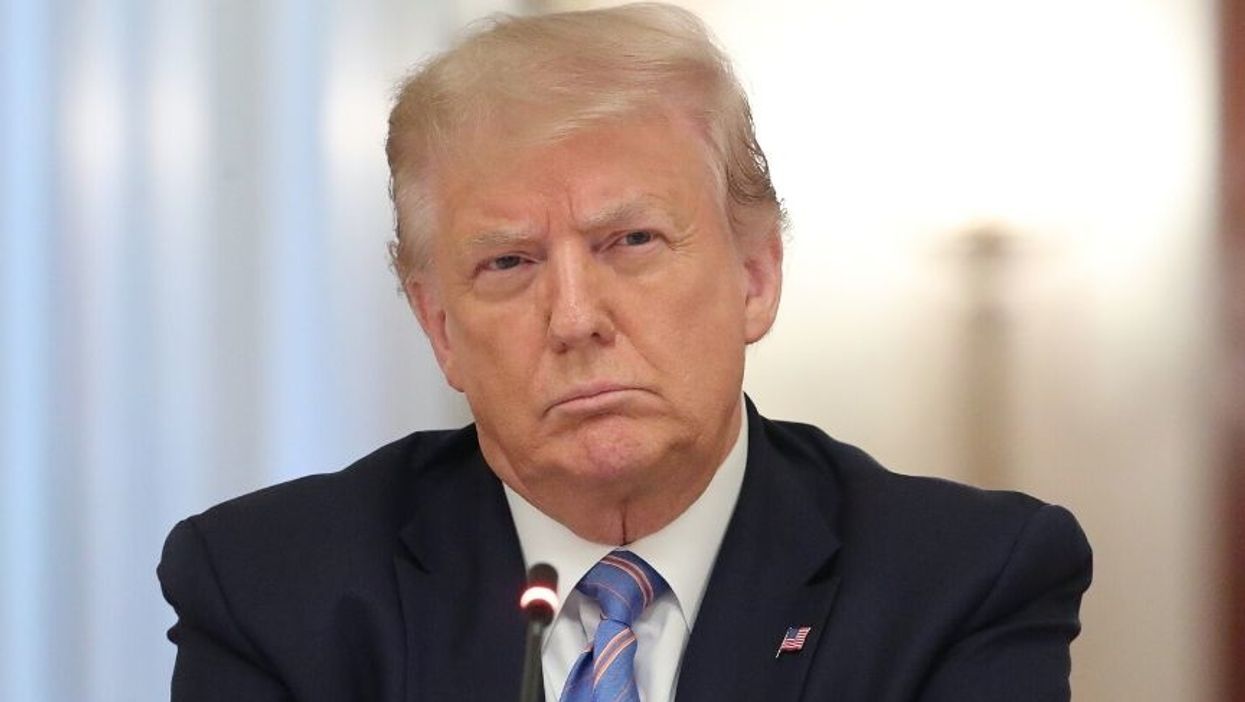


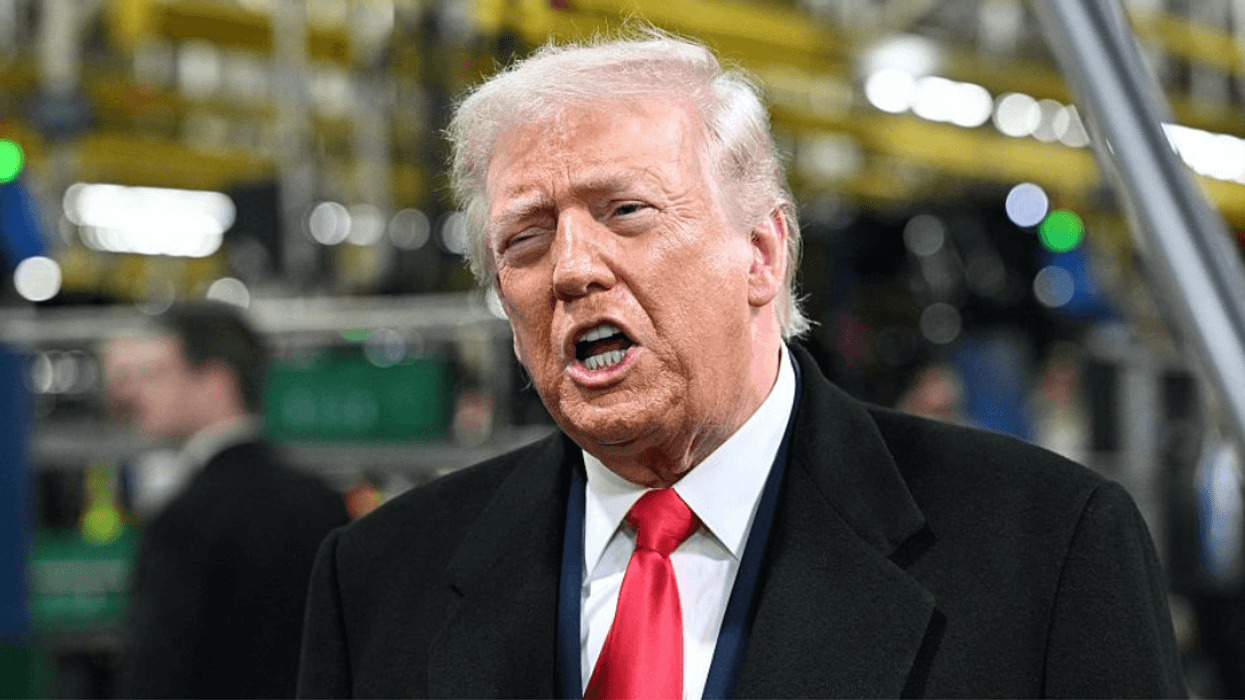



 @tismejackieg/TikTok
@tismejackieg/TikTok

 @tismejackieg/TikTok
@tismejackieg/TikTok @tismejackieg/TikTok
@tismejackieg/TikTok @tismejackieg/TikTok
@tismejackieg/TikTok @tismejackieg/TikTok
@tismejackieg/TikTok @tismejackieg/TikTok
@tismejackieg/TikTok @tismejackieg/TikTok
@tismejackieg/TikTok @tismejackieg/TikTok
@tismejackieg/TikTok @tismejackieg/TikTok
@tismejackieg/TikTok
 @tismejackieg/TikTok
@tismejackieg/TikTok @tismejackieg/TikTok
@tismejackieg/TikTok @tismejackieg/TikTok
@tismejackieg/TikTok





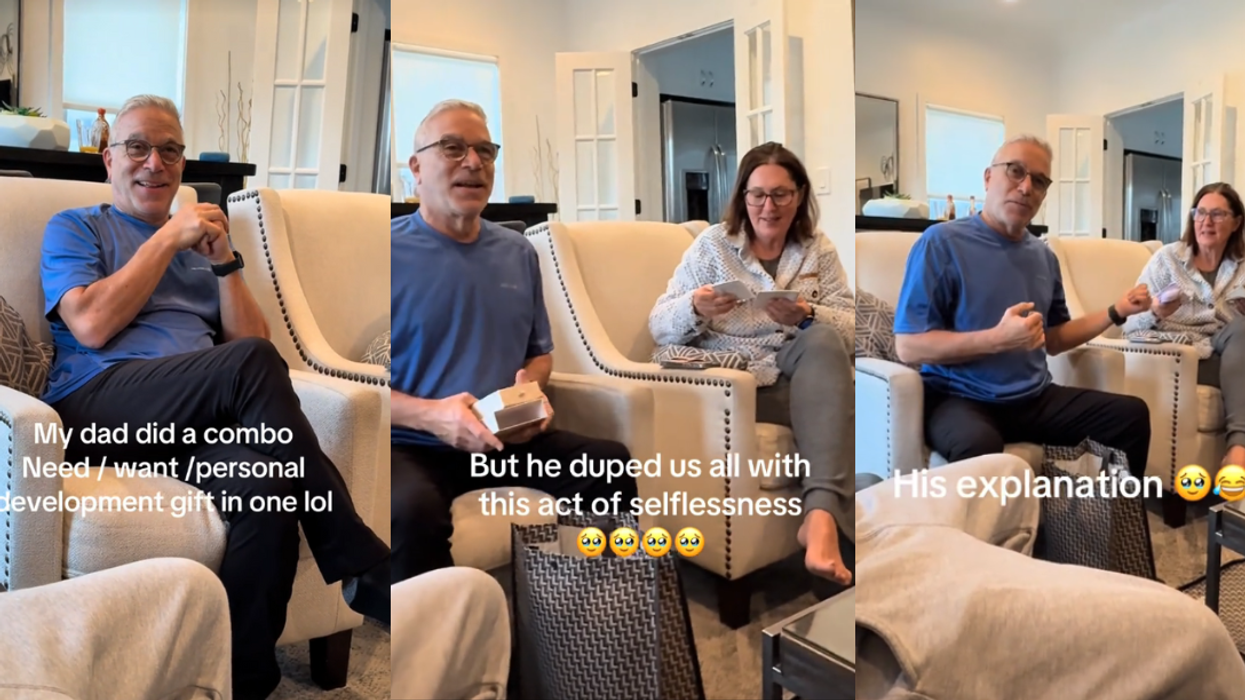


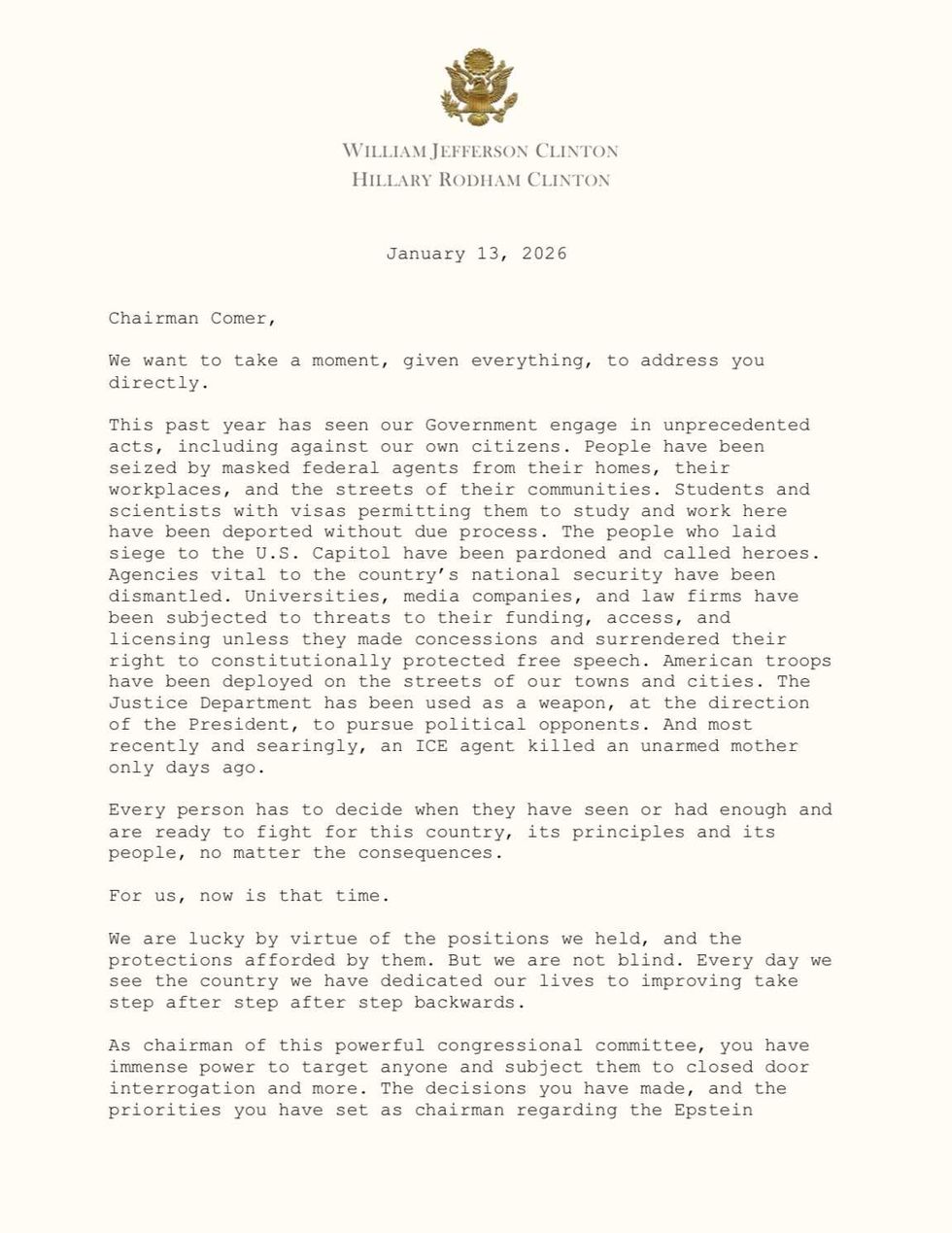 @BillClinton/X
@BillClinton/X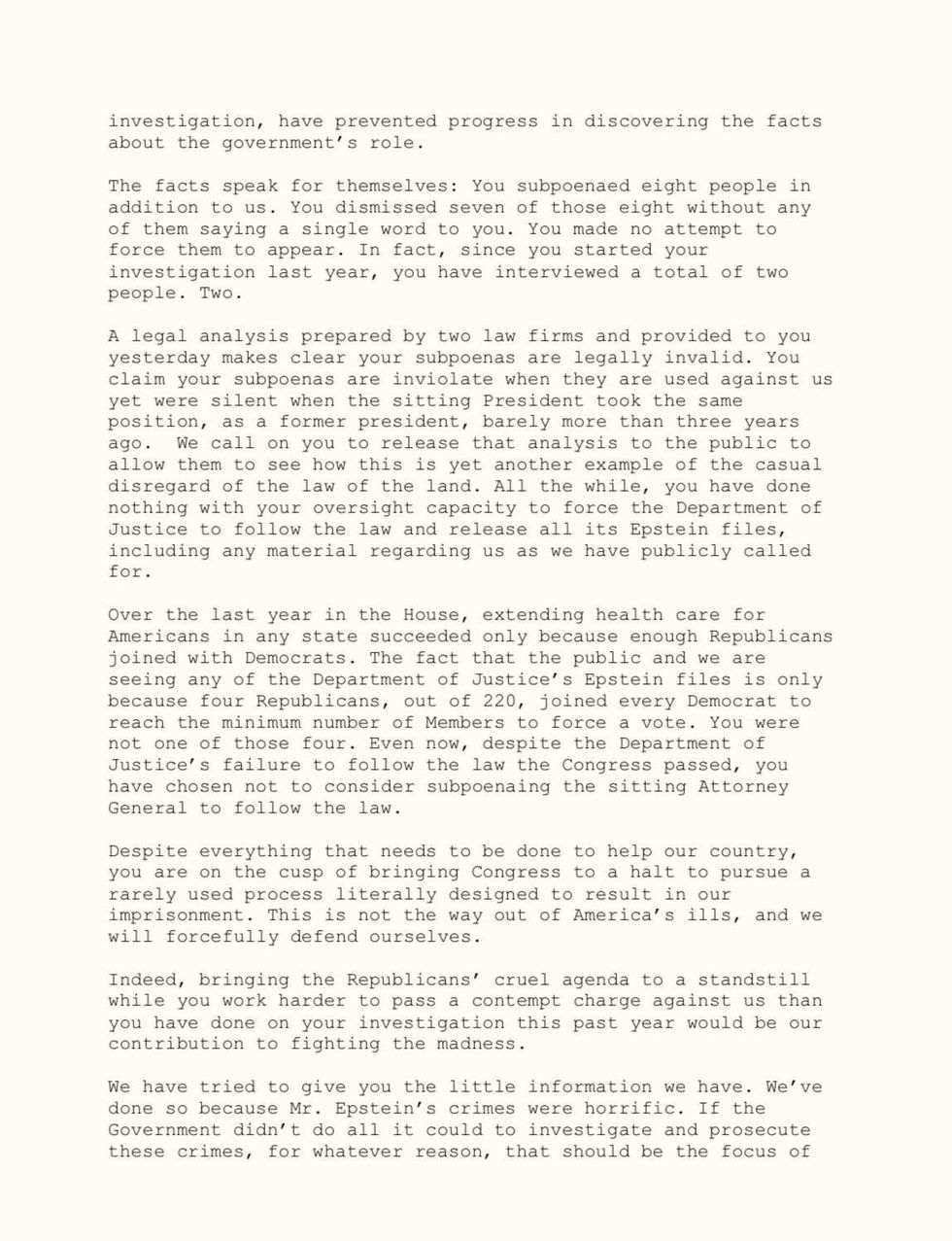 @BillClinton/X
@BillClinton/X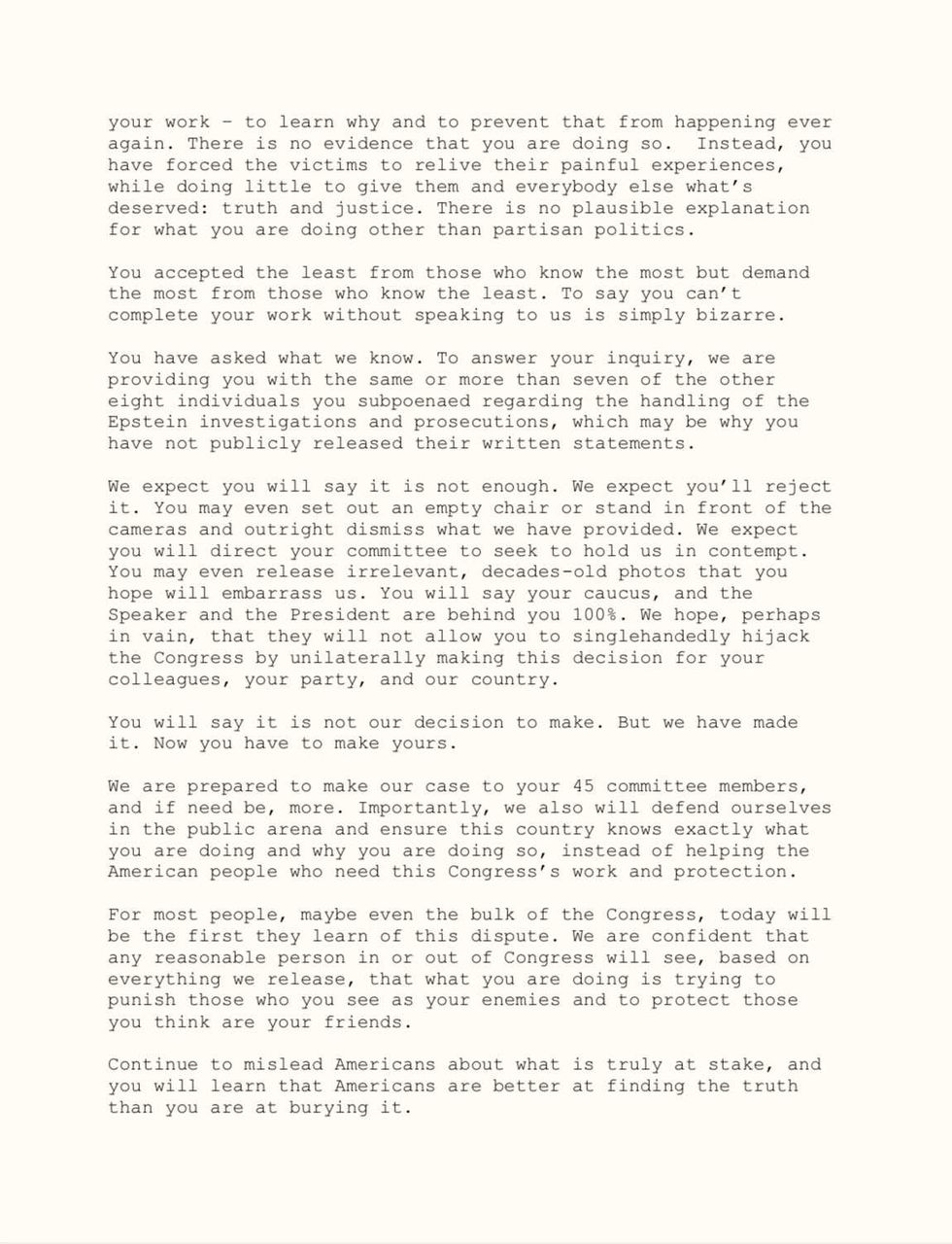 @BillClinton/X
@BillClinton/X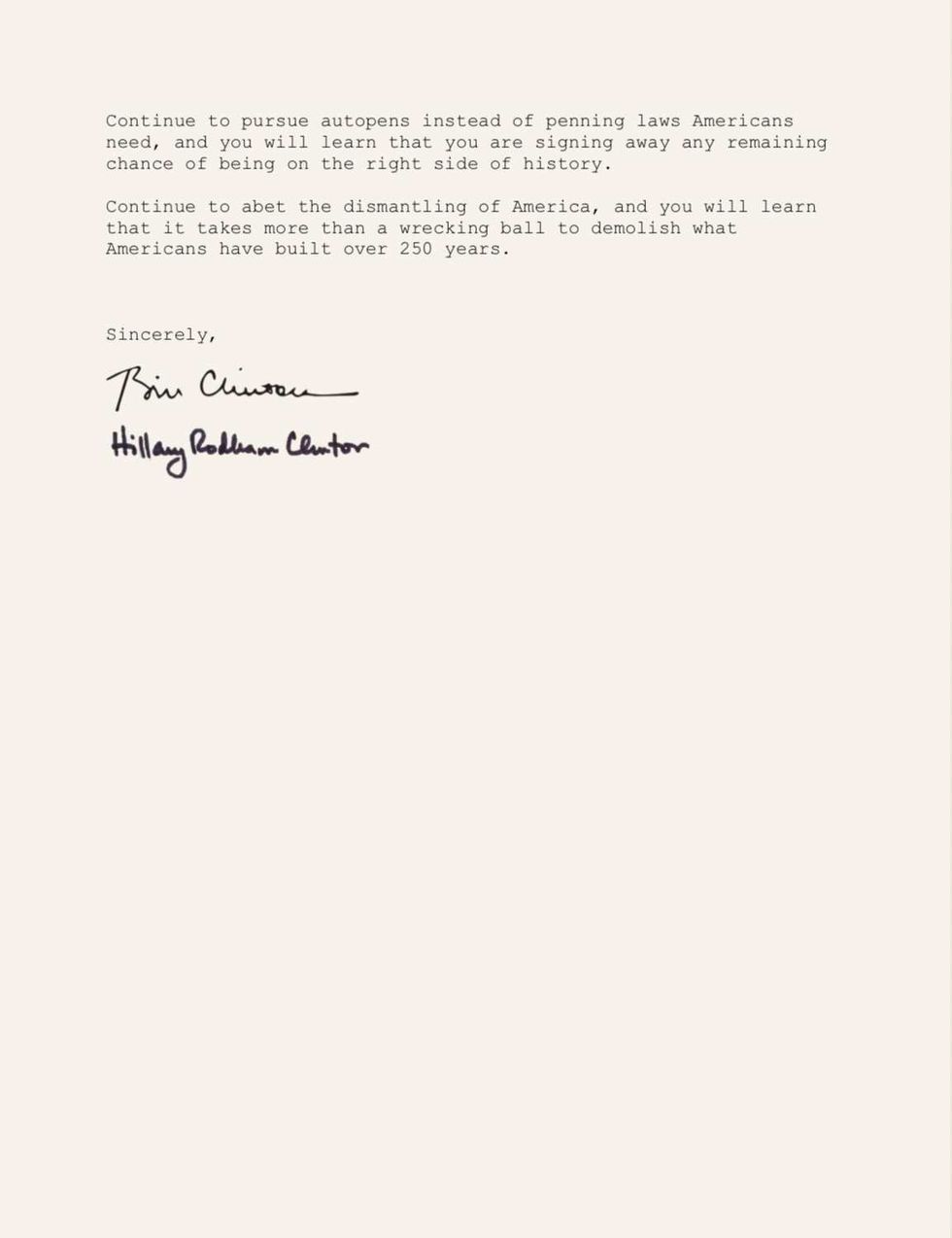 @BillClinton/X
@BillClinton/X
